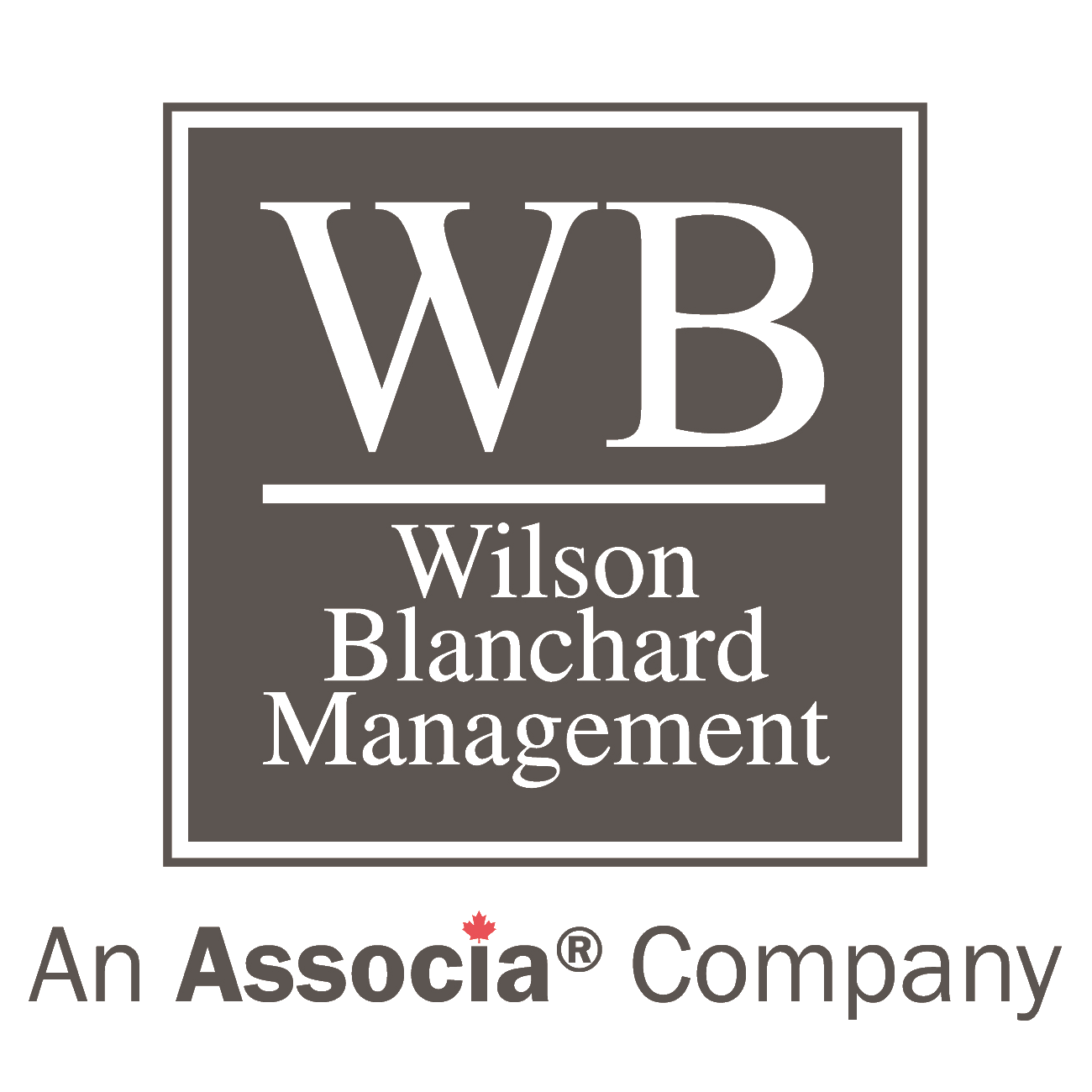5 Easy Ways to Simplify Your Board Member Duties
From running meetings and enforcing governing documents to overseeing common areas and maintaining the financial health of a condominium corporation, the duties of a board of directors are endless. With so many responsibilities, volunteering on your condo board can quickly become a full-time job, so working efficiently and effectively is a top priority. The best way your board can achieve more in less time is to look at your governing documents, your board’s procedures, and your community’s culture and re-evaluate the processes and guidelines that are outdated or no longer hold operational value for the community. By tackling these five to-dos, you’ll easily simplify your board member duties.
1. Re-evaluate unenforceable rules.
Governing documents are the foundation and guiding principles of a condominium community, and they include all the responsibilities of a board. Fully reviewing the governing documents and ensuring there are no outdated requirements or ambiguous or missing information is key. Take note of any unenforceable rules and take steps to remove them. Check your bylaws and declaration (and the Condo Act) for what’s needed to change your governing documents, and engage a condominium lawyer where necessary to revise them. To best gauge if a rule is out of date or not needed, ask yourself if the rule is necessary, fair, and enforceable. While this task can take some time, it’ll help offload unnecessary complexity to your work as a board member.
2. Leverage technology solutions.
The impact of technology can be felt in almost every industry; however, many condominium communities are reluctant to leverage advanced solutions to improve the way they handle basic functions. Providing an online or digital option for communicating or storing meeting minutes and governing documents can not only increase the board’s efficiency, but also lower costs and add convenience for homeowners.
3. Run more effective meetings.
Every condominium must hold critical meetings throughout the year, including board meetings, annual meetings, committee meetings, and more. While vital to the success of a community, these meetings often lack proper planning and structure, leading to disorganization, little interest, and extended discussion with no resolution. Run more effective meetings by starting with an agenda, setting a time limit, and sticking to the business at hand. Successful meetings lead to more informed decision-making, participation from homeowners, and quick action on important matters.
4. Rethink in-person voting requirements.
Several meetings are now conducted virtually, including those for condominium corporations. As such, annual meetings that require voting on board member elections, assessment issues, budget approvals, and document amendments may benefit from going virtual. The voting technology available today is more secure, accurate, and convenient than ever before. By transitioning to a virtual voting system, you’ll reduce the logistics and planning necessary for voting and make participation easier for homeowners.
5. Clear up any misinformation.
The spread of misinformation in a community can cause division and reduce the sense of community boards work so hard to build. It can hinder operations, undermine productivity, and further affect the quality of life for the entire community. To help clear up misinformation, communicate with your homeowners and follow these best practices:
- Encourage residents to bring their questions directly to the board or condo manager.
- Create transparency by answering questions as completely as possible and maintaining regular communication.
- Lead by example and refrain from fueling gossip or misinformation in the community.
The Top 7 Committees That Help Your Board Function Better
Leading a community is a lot of work and can quickly become an all-consuming job. That’s why establishing committees to help share and divide the workload is so important. Read our article, “Top 7 Committees That Help Every Community Function Better”, to learn the top seven committees that would best serve any condominium board.
